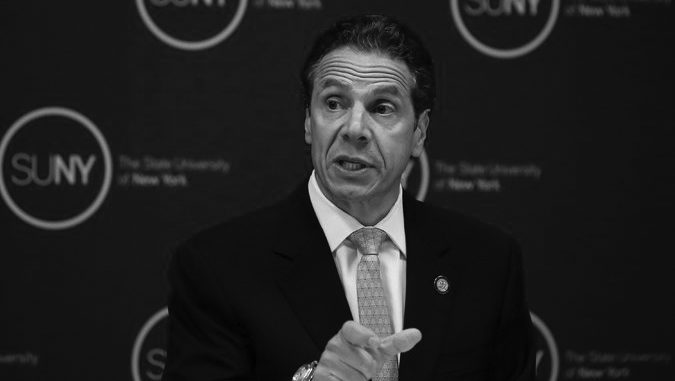

Kelly Spencer, Copy Writer
The definition of consent has always been highly debated, leaving it up not only to each state to define, but the institutions within that state. Most have adopted the “No Means No” understanding, which defines consent as essentially anything other than verbally or physically denying sexual advances. However, as cases of sexual violence continue to increase at exponential rates, many find this definition too ambiguous and are demanding a more specific definition of consent.
College-aged women, from ages 18 to 24, are the most at risk demographic when it comes to sexual assault. It was this fact that led California Governor Jerry Brown to pass legislation requiring all colleges in the state to reconfigure their sexual assault policies to align with a new, single understanding of consent. Brown’s legislation entailed that California colleges adopt “Yes Means Yes,” defined by yesmeansyes.com as “mutual verbal, physical and emotional agreement that happens without manipulation, threats or head games.”
Not long after the decision in California, New York Governor Andrew Cuomo began plans to initiate the same legislation in the state. On September 2, 2014, Cuomo spoke at the SUNY conference dedicated to drafting the policy that has since become the first statewide uniform sexual assault policy for all SUNY schools.
Cuomo began his speech at the conference by calling attention to the overwhelming statistics concerning college women and sexual assault, with nearly one in four female students assaulted over the course of their college careers.
At the conference the governor stated, “I understand the individuality of the 64 institutions in SUNY. But some things should be uniform and a woman’s consent in Oswego should be a woman’s consent in Buffalo, should be a woman’s consent in Albany.” The consent to which Governor Cuomo is referring was redefined by his office as “an affirmative, unambiguous and conscious decision by each participant to engage in a mutually agreed-upon sexual activity.” While that may be the least sexy-sounding thing you’ve heard in awhile, legislators in Albany believe their policy will not only remove ambiguities in understanding consent, but also encourage those who have been sexually assaulted to come forward and report their experience.
With less than five percent of rapes on campuses reported, Cuomo identified individual campus policies as taking partial blame. “The incentive for the institution is at odds with what might be best for the victim,” he explained.
A SUNY Oneonta senior and former Resident Assistant who wished to remain anonymous has found this issue to be an unfortunate fact.
“In my experience as a Resident Assistant, many people do not come forward because during the event the victim had broken the student code of conduct [for example, by drinking in the dorm room]. Staying silent does not help anyone.” The SUNY Oneonta senior recognized that through her own experience, she finds, “The number one thing to know if you have ever been sexually assaulted is that it is not your fault no matter what state of mind you were in.”
In an attempt to combat this unnecessary issue, the new SUNY policy includes amnesty for the victim, saving them from penalization for “violating campus drug or alcohol rules” in cases where the incident happened under such conditions, in addition to instituting “Yes Means Yes.”
The new policy also includes that a bill of rights be given to each student, as well as new training for all SUNY police regarding sexual violence.
Cuomo plans to push forward legislation that would require private colleges in New York to adopt “Yes Means Yes” as well. In regards to SUNY, the governor stated, “It would not be accurate for anyone to suggest this is a SUNY problem. It is not. It is a societal problem… it should be SUNY’s problem to solve and SUNY’s place to lead.”
we probably should require a signed and notarized contract